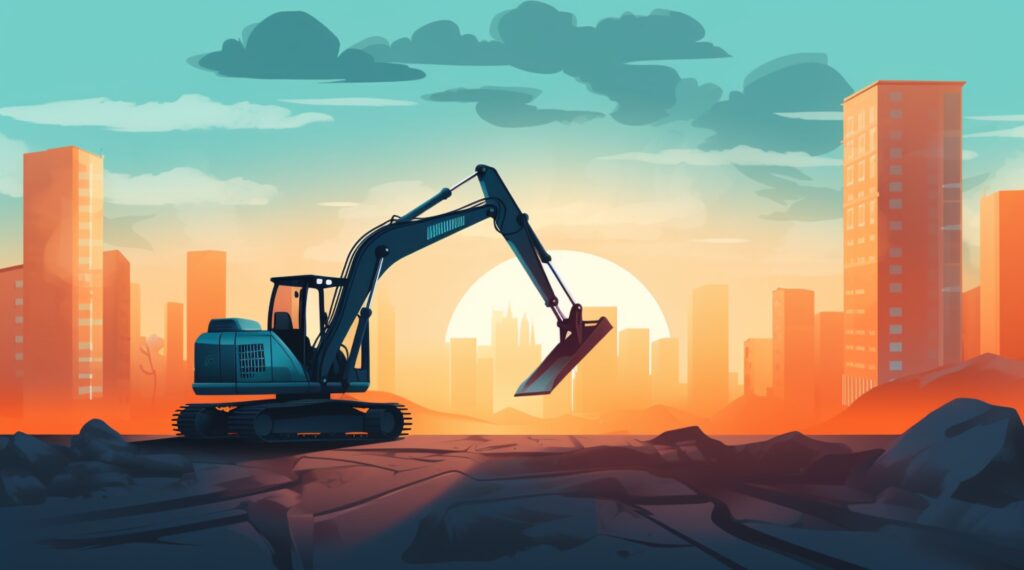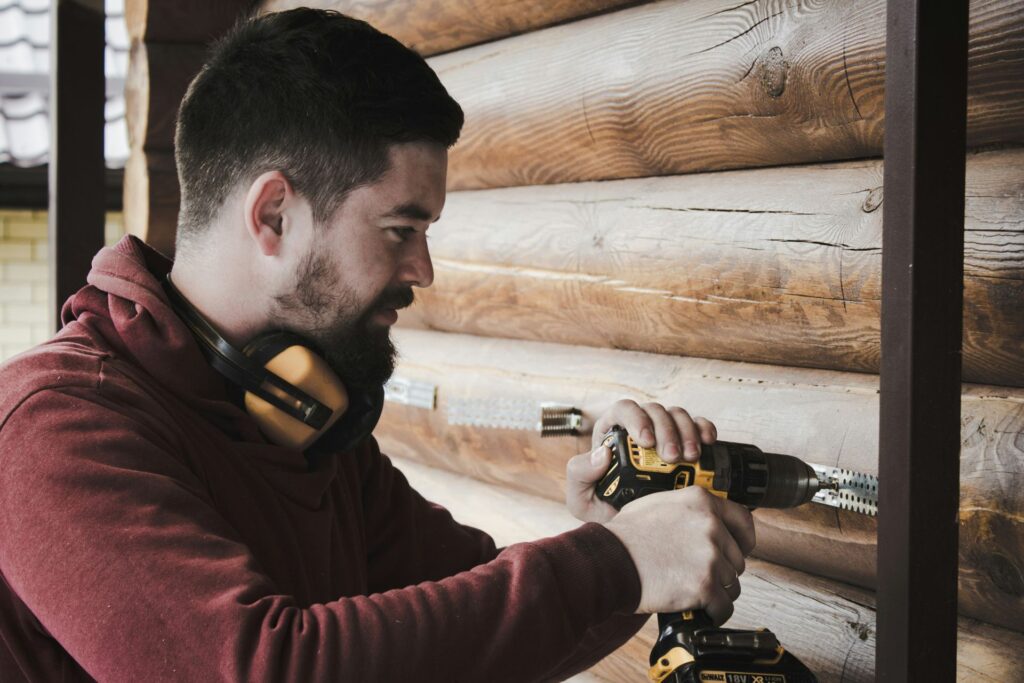
We are reader-supported. When you buy through links on our site, we may earn an affiliate commission.
A lot goes into building a home or business from the ground up. There are a lot of skills required that you might not have on your team. If you’re not quite sure where to start looking, here is a list of some of the most common types of subcontractors.
1. Masons
The dictionary defines masonry simply as stonework, but when it comes to finding a subcontractor specializing in this field, there is so much more to it than that. Masons work with stone, brick, and other similar materials, using them to build massive structures.
2. Stoneworkers
Stoneworkers take the concept of masonry to another level and may focus on more decorative or aesthetic building designs. They may also work with more specialty materials like terra cotta.
3. Tile Setters
Every new home or building ends up needing tile somewhere, from bathrooms to the kitchen and everything in between. Tile setters ensure each of those carefully placed tiles ends up level and even throughout the project.
4. Plasterers
Plasterers are responsible for hanging drywall, laying plaster, and sealing the edges between panels. A skilled plasterer is vital for any drywall application.
5. Carpenters
Carpenters specialize in working with wood, but the exact details can vary dramatically from specialist to specialist. You’ll need skilled carpenters for framing houses, joining, and building and installing cabinetry, among other things.
6. Floor Installers
Whether the blueprint calls for tile, wood, linoleum, polished concrete, or something else, you’ll need talented flooring installers to keep this step from tripping up your project.
7. Roofers
Roofers have a special skill set that allows them to apply roofing materials to new projects while safely completing their jobs. Talented roofers who meet deadlines are coveted by contractors everywhere.
8. Siders
While roofers attach the roof, siders work on hanging siding. This could be vinyl, wood, or some combination of the two. Hanging siding correctly ensures the home or business is protected from the elements.
9. Sheetmetal Workers
Sheetmetal workers, as their name suggests, work with and manipulate metal. The applications can vary dramatically, depending on the project’s needs.
10. Concrete Workers
Concrete workers have the skills necessary to lay, smooth, cure, and even polish concrete in its various forms. This material seems simple, but it can be tricky to work with, requiring a skilled professional to get the best results.
11. Glaziers
Glazier is just a fancy name for individuals who work with glass. From hanging windows to working on sliding glass doors, glaziers are an often overlooked but incredibly important specialty subcontractor.
12. Excavators
If you need a hole dug, you might think you only need a backhoe or a bulldozer. However, depending on the project, you may also need a skilled excavator to complete the job.
13. Demolitionists
Construction isn’t always about building things. Sometimes, destruction is just as much a part of the industry, but demolition is not something to be taken lightly. Skilled demolitionists can destroy an entire building in the middle of a crowded city without even shaking the neighboring structures’ windows.
14. Steel Erectors
When steel frames are necessary for construction, you’ll want to utilize the talents of a skilled steel erector. These specialists focus almost exclusively on steel and its various applications.
15. Ironworkers
There isn’t as much need for ironworkers as there was during the construction of monuments like the Empire State Building. However, you will occasionally still need to tap into the skills of one of these talented subcontractors.
16. Electricians
Electrical work can be highly specialized. Without an electrician’s skills, you could end up with a completed project that doesn’t meet building codes and could even be dangerous.
17. Plumbers
Plumbing subcontractors might not be the most glamorous, but if you’ve ever lived in a building without running water, you’ll be grateful for their skills.
18. HVAC Technicians
Heating, air, and ventilation technicians fill different niches in various parts of the country. In the South, where summers are brutally hot and humid, they are lifesavers with their air conditioning skills. In the Northeast, they’re more valuable for keeping heaters running. Either way, they’re essential when creating a new home or business.
19. Painters
When you’re putting the finishing touches on a new project, you will want to rely on a painter’s skills. These subcontractors can give a clean, polished look to nearly any surface, given enough time and materials.
20. Special Trade Contractors
While this list might seem comprehensive, it barely scratches the surface when it comes to specialized subcontractors. There might not be a big demand for their skills, but if you need someone to build and install hardware in a bowling alley, dig a grave, or install a swimming pool, you’ll be grateful for their skills.
Choosing a Subcontractor
There’s a lot more that goes into choosing a subcontractor than just picking the right category. However, this list will at least help you narrow things down dramatically, making your search a little bit easier.










